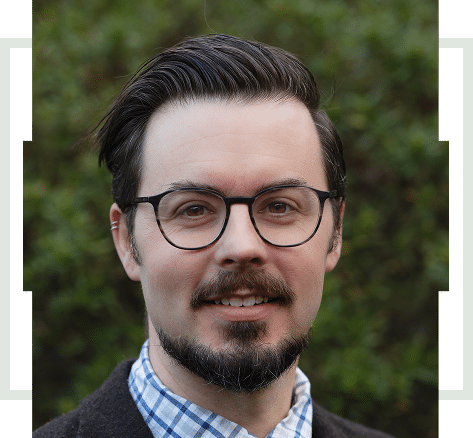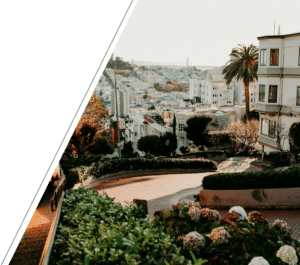


I pursued a dizzying array of personal growth approaches—self-development seminars with lousy coffee, spiritual pursuits (in yurts; they’re always in yurts), and an overabundance of self-help and, worse, philosophy books. These eventually led to Buddhism, which was a slippery slope that lead to a brief fantasy of becoming a Zen monk. A few intensive meditation retreats cured me of this notion, though they were profoundly useful.
While many of these experiences were helpful, I continued to return to therapy again and again as a bedrock way of understanding and integrating my experiences. This profoundly transformed my life. I was endlessly curious about the process and I wanted to help others navigate similar struggles. I found a position working as an addiction counselor at Boston Medical Center, doing first line interventions with folks struggling with substance abuse.
Eventually, I knew I wanted to deepen my understanding of other aspects of the psyche and enrolled in the doctoral program at The Wright Institute. I immersed myself in psychoanalytic thought, cognitive therapies, mindfulness, relational approaches, and adding to my knowledge of addiction recovery.
Alongside my therapy studies, I continued exploring other paths—Buddhism, Indigenous Celtic spirituality, psychedelic medicine, and intensive group therapy. When I discovered Control-Mastery Theory and the San Francisco Psychotherapy Research Group, I knew I had finally found the key I’d long sought: a flexible, comprehensive, scientific model for understanding why we do what we do, how we get stuck, and how to get unstuck.
Given my extensive experience in therapy and personal growth, my passion lies in tailoring therapy with a holistic, open-minded approach while honoring its research foundations. I’m also dedicated to improving therapy and making it more integrative. I regularly teach theories of psychotherapy and supervise other therapists. I also frequently teach and advise about addiction treatment and integrating therapy with spirituality. I serve on the board of the San Francisco Psychotherapy Group and co-founded the San Francisco Therapy Group to expand access to therapy in the city and develop community for therapists practicing here.
My style is warm, direct, pragmatic, and irreverent. Patients often appreciate my ability to quickly identify and connect key themes in their lives and to develop practical solutions and actionable insights. Given my broad range of experiences, people frequently feel comfortable sharing and integrating unconventional aspects of themselves and their journeys.
I strive to be “just right”—often a step ahead of where you are, guiding you in the direction you need. For some, I’m a cheerleader encouraging them to embrace their authentic selves, even if it feels non-traditional. For others, I help ground their unique experiences to be more effective in their jobs or relationships.
I teach, supervise, and am also a patient of psychotherapy. If there’s a therapeutic approach out there, I’ve likely explored it. I regularly seek feedback on how therapy is progressing and encourage open discussion about your needs and expectations, even if it feels uncomfortable initially. We can explore your relationships with yourself, others, the world, and spirituality (if you’re interested in that).
While I’m skilled in short-term, solution-oriented work, I often work with people seeking long-term, fundamental changes in their lives. I specialize in addressing “complex developmental trauma”—a term that often refers to “really messed up childhood experiences”—and help individuals piece together their lives as adults to live deeply fulfilling and well-examined lives.



Humans don’t overcome trauma by wishing it didn’t happen. We overcome trauma through connection.
We don’t feel safe because we learn to feel the world is perfectly safe – it isn’t and never will be. We feel safe when we have a community to hold our fears and wounds.
Experience is the best, and ultimate, teacher. Though you do have to be paying attention.
Book A Consult
Contact us today to schedule a consultation and explore how therapy can help.
